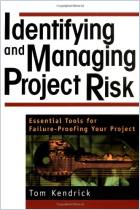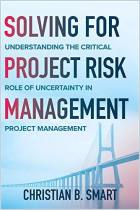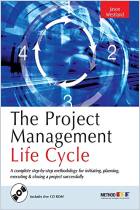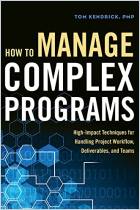
Aspects of Complexity
Managing Projects in a Complex World
Recommendation
This outstanding small volume draws from seminars on “Complexity in Project Management and the Management of Complex Projects” that the Project Management Institute sponsored in São Paulo, Sydney, Atlanta and Malta. Editor and project management consultant Terry Cooke-Davies used material from these seminars to assemble an elevated, thoughtful and well-documented treatise on the effective management of complex projects, complete with recommendations from the field – including the unusual advice to take a “fire-ready-aim approach” to project management. Given that the book’s chapters come from an array of experts, it has some unevenness and spots of stiff styling, but it is a strong package nonetheless. getAbstract recommends it to project managers, line managers and academics who study how leaders succeed with complex projects – or don’t.
Summary
About the Author
Terry Cooke-Davies, chairman of Human Systems International, is a visiting fellow at the Cranfield School of Management.




















Comment on this summary or Iniciar a Discussão